👉 Watch the video now and hear exactly what our expert lawyer has to say about Spanish home insurance.
Next up:
Maintaining your home in Spain
Our step-by-step guide will cover everything you need to know about maintaining your home in Spain.
Buying a home in Spain is exciting - but what happens when the roof leaks, the washing machine floods, or a neighbour’s fiesta gets a little too enthusiastic? That’s where Spanish home insurance comes in. It’s not strictly mandatory, but as our expert lawyer explains in the video below, it’s one of those things you’ll thank yourself for having when life throws you a curveball.
In this guide, we’ll cover what’s compulsory, what’s optional, what your bank might insist on, and the different types of cover available. You’ll also get insider advice direct from a Spanish property lawyer, no jargon, no fluff, just straight answers.
👉 Watch the video now and hear exactly what our expert lawyer has to say about Spanish home insurance.
Let’s start with the big question. According to Alex Radford, a lawyer from My Lawyer in Spain:
“It is not mandatory, but it’s highly advisable to have it.”
So, you won’t get fined for skipping it, but that doesn’t mean it’s wise to go without. If you’re buying an apartment, some cover is already baked in:
“Typically the façade and the common areas will be covered by insurance taken out by the community of owners and the block.”
That means your building’s exterior and shared stairwells are looked after, but everything inside your own four walls is your responsibility. Which brings us neatly to…
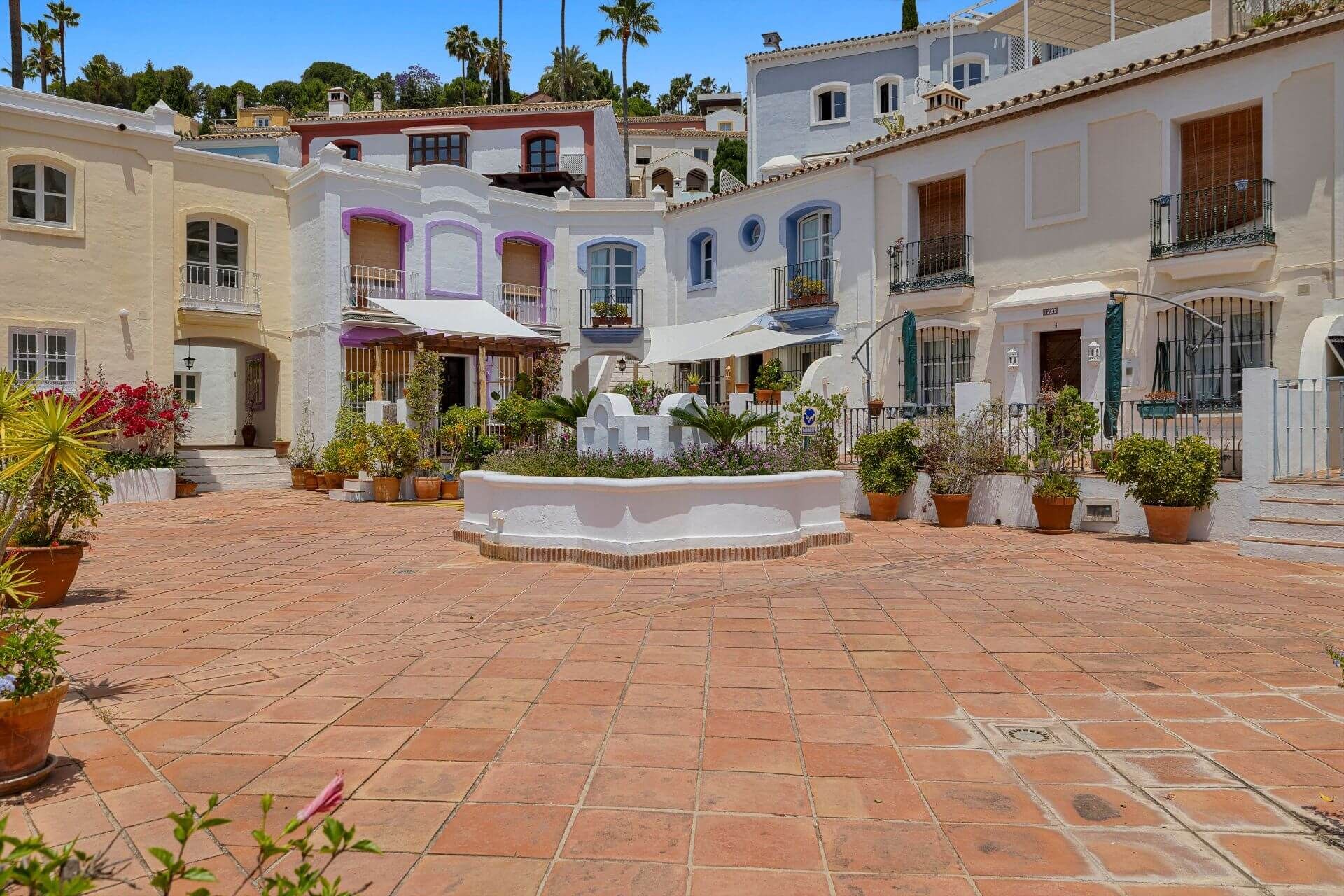
Alex is clear:
“You would really only need home insurance for contents and your own property. If you’re buying a property, we would strongly recommend that you do have home and contents insurance and buildings insurance as well.”
So even if you live in an apartment with community insurance, it won’t protect your sofa, laptop, or wine fridge (priorities). That’s why most buyers take out a combined buildings and contents policy.
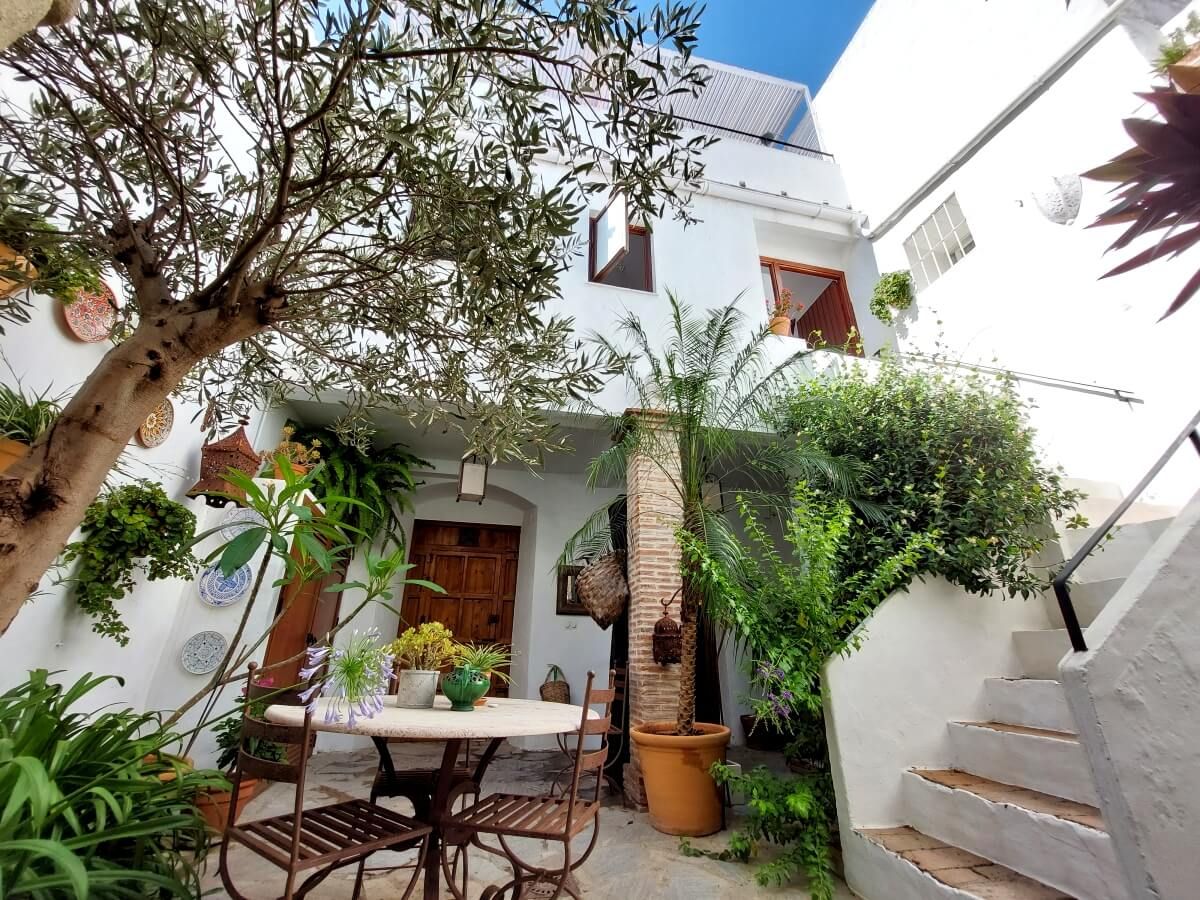
Not all policies are created equal. Here are the main options you’ll come across:
Covers the physical structure - walls, roof, fitted kitchen and bathrooms. If you’ve got a mortgage, your bank will almost certainly insist on this.
Protects your belongings: furniture, electronics, clothing, art, golf clubs… and yes, the wine fridge. Handy if you own unusual or high-value items.
The most cost-effective (and sanity-saving) option: both buildings and contents under one policy. Often includes extras like temporary accommodation if repairs make your home unliveable.
If your place sits empty for months, standard cover may not apply. Holiday home policies are designed for second homes, including ones you rent out. These can also include cover for malicious damage, theft, and even loss of rental income.

The million-euro question (don’t worry, it’s not that expensive). On average, Spanish home insurance comes in at around €150–€400 per year for a standard apartment, with villas or larger homes pushing higher depending on size, location, and contents. Expect to pay more if you’ve got a pool, pricey tech, or a Picasso on the wall. At the lower end, a small flat in a low-risk area might cost less than your monthly tapas bill. At the top end, a big countryside finca with land and contents can run into the four figures.
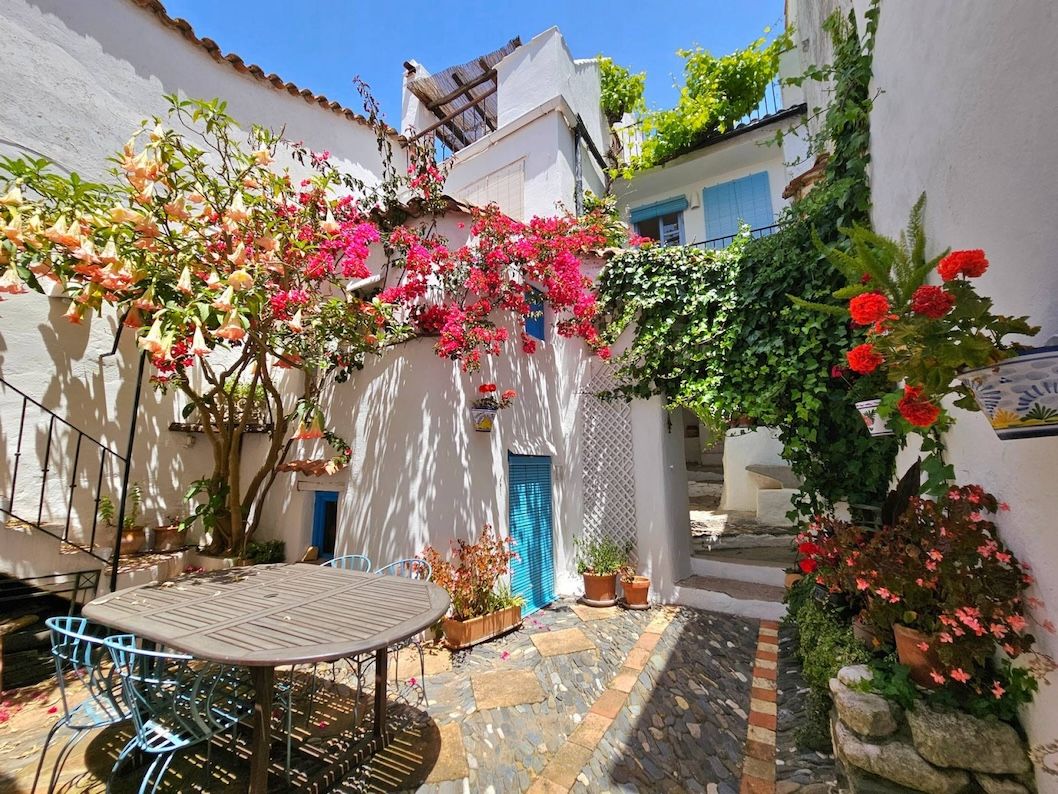
Absolutely. The safer your home, the better your premiums. Installing decent locks, alarms, or a safe shows insurers you’re serious. Some will even shave money off your annual costs for making upgrades.
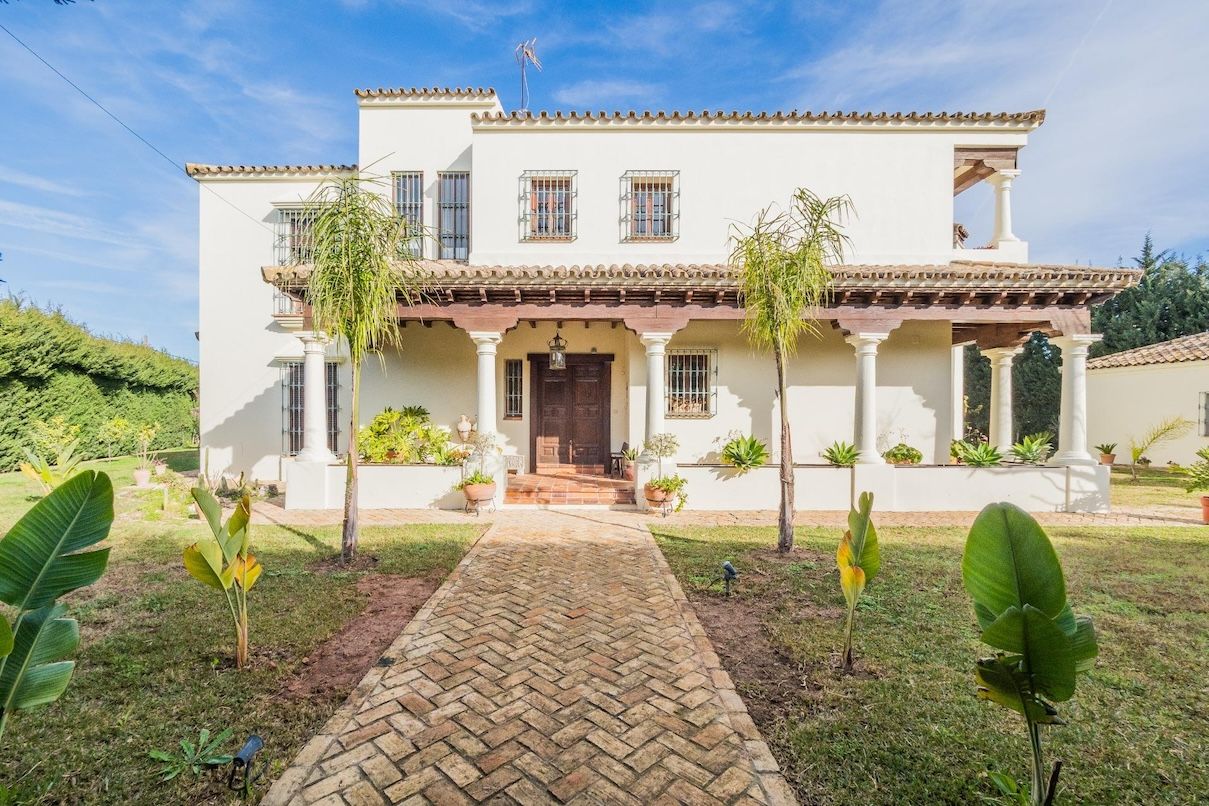
While we’re here, a quick reminder of other policies that might crop up in Spain:
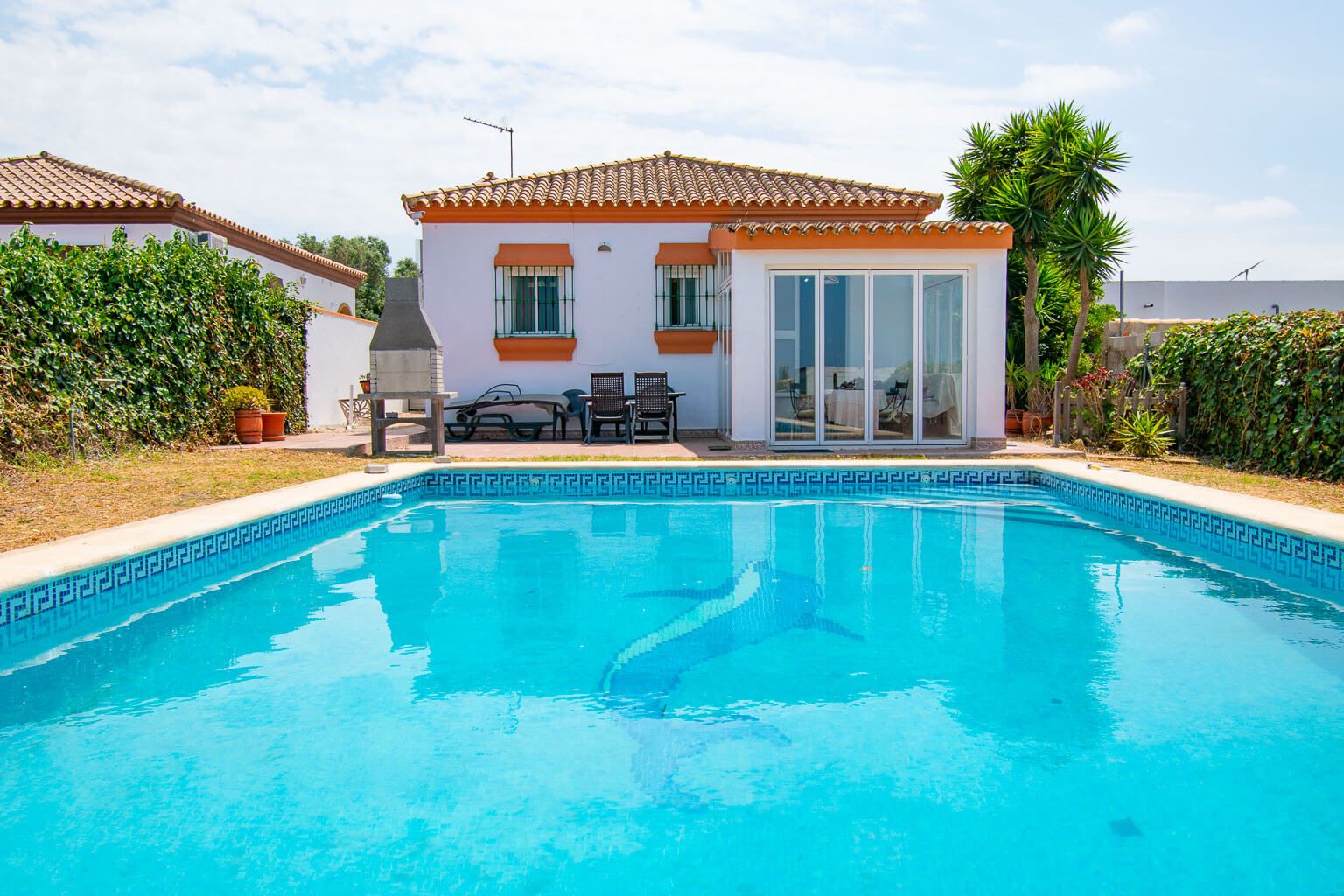
The good news: it’s pretty straightforward. Most insurers will ask for:
Some insurers offer policies in English, but many don’t, so unless your Spanish is top-notch, consider going through a broker who can explain the fine print. And yes, you’ll need to value your contents honestly. “Guessing” that your €5,000 sofa is worth €200 won’t do you any favours when it comes to claiming.

A couple of golden rules:
Update your insurer if your circumstances change, even swapping locks or adding a window could affect payouts.
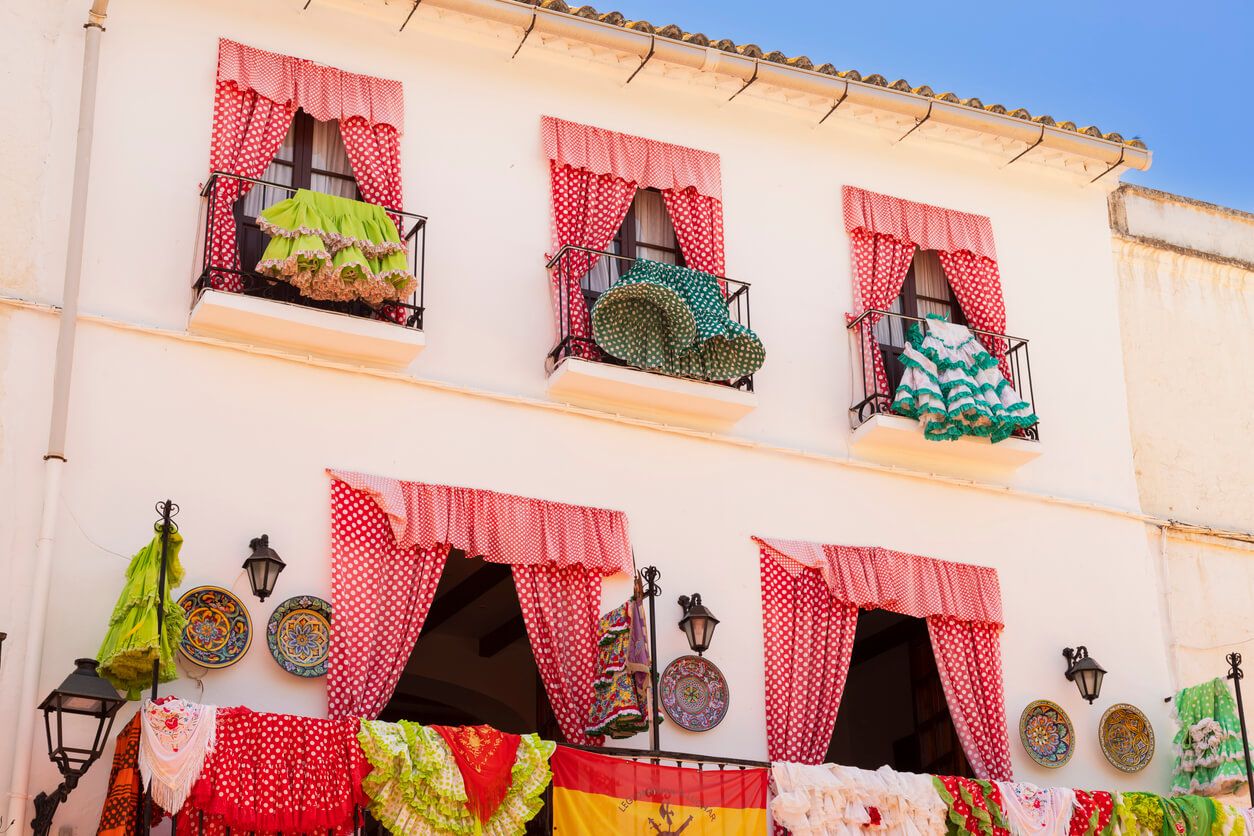
Spanish home insurance isn’t a legal must-have, but it’s as close to essential as you’ll get. Between protecting your stuff, keeping the bank happy, and sleeping better at night, it’s a smart move.
Next up:
Our step-by-step guide will cover everything you need to know about maintaining your home in Spain.
Be the first to comment!